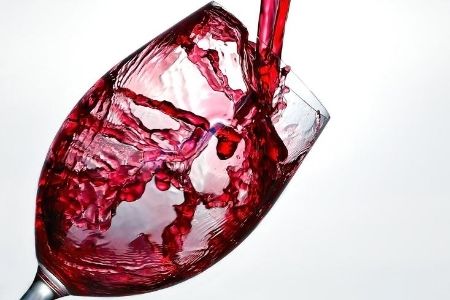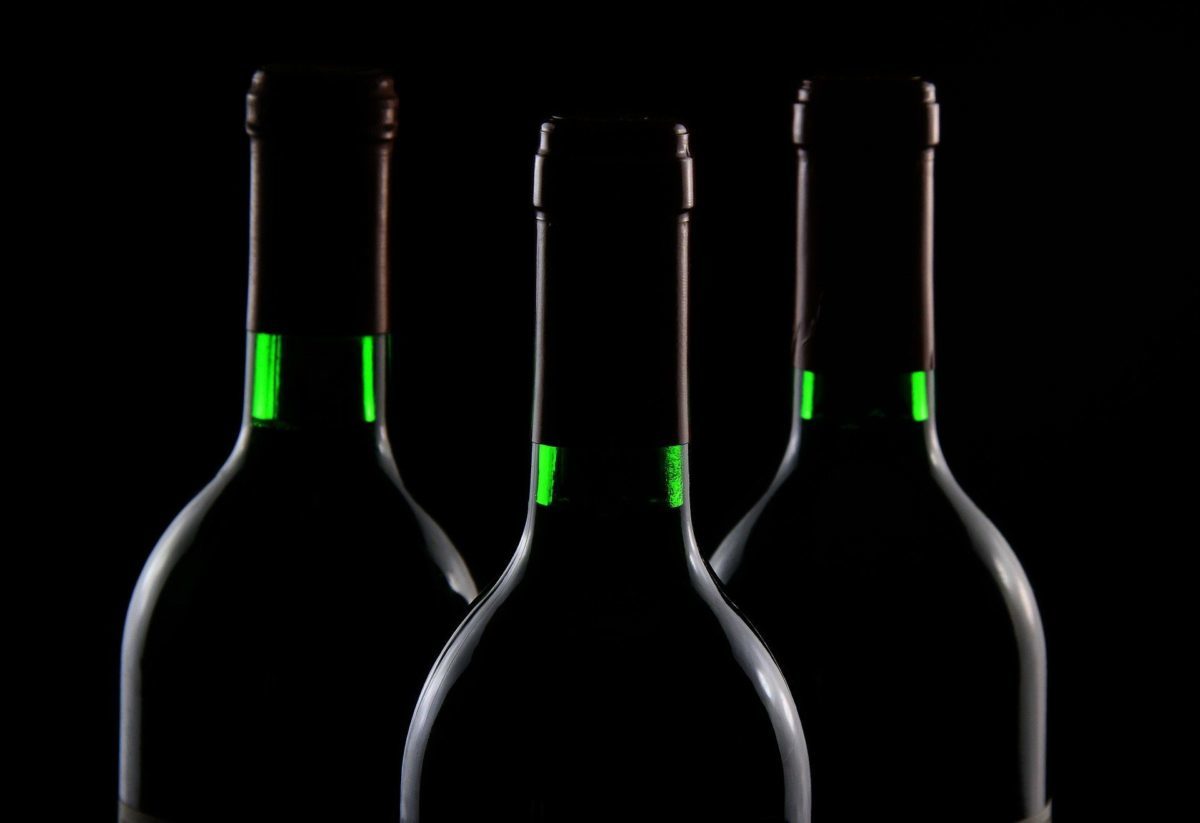You have heard that a glass of wine a day can be good for your health. Let's not fool ourselves, the alcohol in the wine is unhealthy for our body. It is difficult to find serious studies that claim that one drink or more is beneficial to the human body. We must understand this recommendation as advice that, if you drink with moderation, it is not very harmful. In return, and if we drink carefully, we receive doses of pleasure and socialization at the time of enjoying the wine that also, in another order of things, are healthy for the whole of our health. Maybe not for everyone, but for many it makes them happy to share a glass of wine with friends and family.
What the Scientific Studies Say
Red wine provides us with compounds antioxidants, potassium and its calorie value is low. In this sense, taken in moderation, it should not cause a problem for an adult who does not have pathologies, especially hepatic
El red has a great contribution from polyphenols, these help us reduce the level of fat, as well as some studies confer anti-aging effects. In any case, the amount of polyphenols that a glass or two of wine gives us does not have significant effects on our health. It is also true that polyphenols can be found in some fruits and without the need for drinking alcohol Therefore, wine is not healthy compared to other substitute foods to provide those nutrients.
In reality, there are countless studies that recommend drinking in moderation and achieving benefits for our health, but there are also the opposite. Neutral studies indicate that there are increased risk of disease if alcohol is consumed even with small amounts. That is, everything indicates that there is no border where consuming one drink is good and three is bad at the body level and if there is more consumption it is simply more harmful.
Young and red better than crianza or reserva
According to a recent study carried out in the CQ University of Australia, and after having worked on the analysis of the wine, they have reached the following conclusions. First of all young red wines are healthier than those that are aged. All of this is based on the amount of trans-resveratrol, a component found in red wines with positive cardiovascular effectors. Specific trans-resveratrol has anti-inflammatory, cardiovascular and antidiabetic effects.
According to the head of the investigation, the Dr Naiker, "The more you consume this compound in your food or drink, the more it is perceived to provide you with better health benefits." The doctor has shown that as the Wine ages it loses this compound. The reduction of trans-reverastrol after 16 months of storage it drops by 75% in the same wine.
Photo: CQ University

The study published in the Australian Journal of Grape and Wine Research has found that the concentration over time can be reduced to 96% being almost non-existent. On the other hand, the study concludes that, after studying different wines made with varieties of different grapes, the difference with this component is negligible.
Best time to drink it
Although they are common sense advice, it is very important to remember that people with pathologies liver disease and diabetes they should not consume alcohol without medical authorization. The World Health Organization recommends not to exceed 30 grams per day per person of the adult male gender and 20 grams per day in the case of adult women. It is important to bear in mind that the weight of the person is important, that is, if a person weighs 50 kg, this intake should be reduced considerably. Therefore, in these cases wine is not healthy.
It is advisable to drink wine during meals and not in the morning. With almost no eating, wine has a more direct effect on the liver. The process of digestion slows down the intake of alcohol in the blood, being more gradual and easy for the body to assume.

Without alcohol, is wine unhealthy?
One of the alternatives that is currently gaining strength is the consumption of dealcoholized wines. These wines have a alcohol de 0,0% and they continue to provide the benefits of the rest of the components of the drink. So, in this case,wine is not healthy either? Here the posture can be more open.
There are many options for these types of wines and they are getting organoleptically be very accepted by the market. It is obvious that it is not the same but it can substitute or replace totally or partially the consumption of traditional wines. More and more wineries dealcoholize some wines offering a multitude of options in reds, whites, sparkling wines ... So affirm that wine is not healthy you always have to catch it with tweezers, as it depends on the cases.







